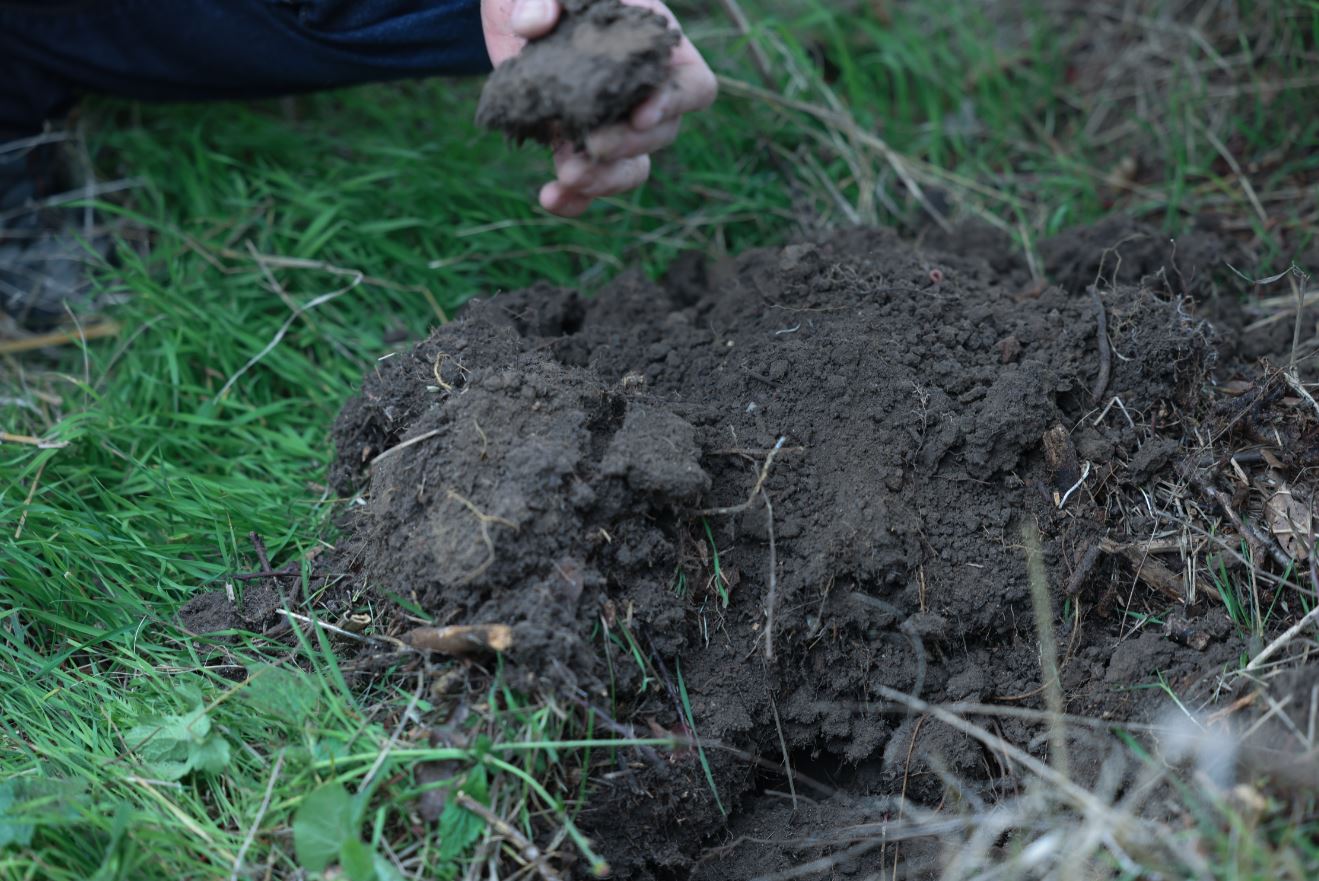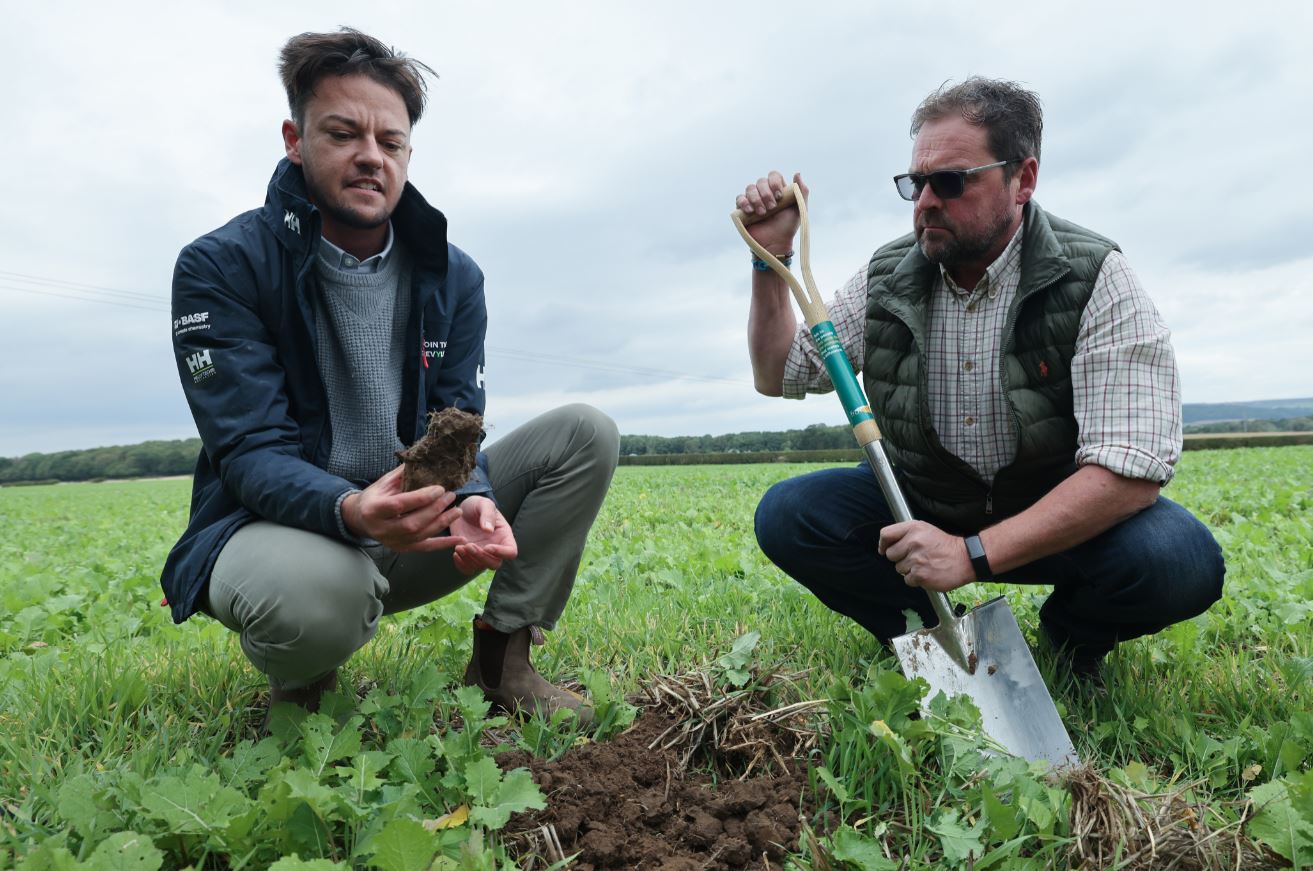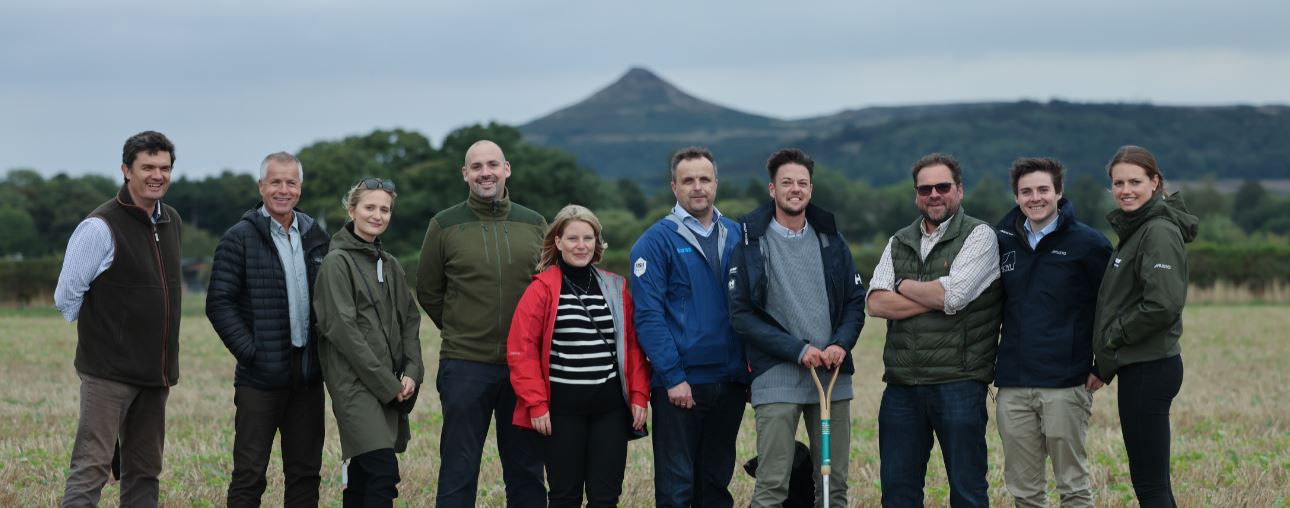8th December 2022
A pilot programme from Frontier Agriculture is exploring an alternative method of natural capital funding, built to help both farmers and consumer organisations meet sustainability goals together.
The scheme is being designed, led and trialed by Frontier’s sustainable crop production team, with the aim of eventually providing a platform for growers to be financially rewarded by consumer businesses for adopting more sustainable farming practices.
The initiative would allow all parties to contribute to more resilient supply networks through improvements to natural capital assets such as soil, water, farm biodiversity and carbon management.
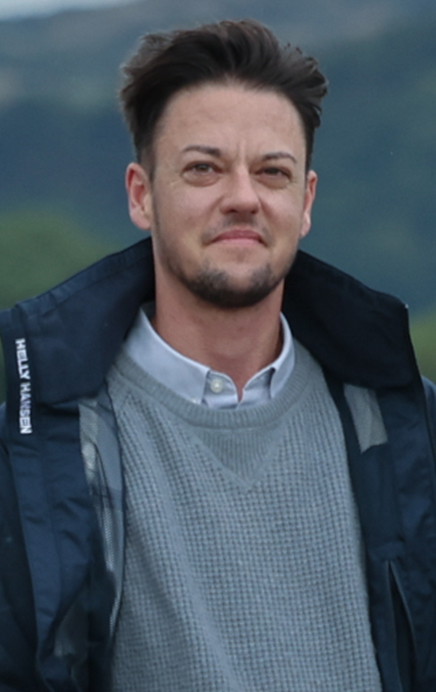 "The way that food is produced is being scrutinised more than ever which, rightly so, is pushing for better food production models,” explains Frontier’s lead on sustainability, Jim Stotzka. “Buyers are increasingly looking to enhance their sustainability credentials as a result, but this impacts the whole supply chain and farmers are at the centre.”
"The way that food is produced is being scrutinised more than ever which, rightly so, is pushing for better food production models,” explains Frontier’s lead on sustainability, Jim Stotzka. “Buyers are increasingly looking to enhance their sustainability credentials as a result, but this impacts the whole supply chain and farmers are at the centre.”
On top of trying to meet their own sustainability objectives, many farmers need to adhere to new crop production protocols in consumer contracts and these can vary depending on the market and product being supplied. They must also consider how any activities may fit into new agri-environment policies and publicly funded schemes.
“That’s a lot of pressure at the farm gate,” says Jim, “but having more sustainable food production systems is the goal for the whole supply chain, so why not work together? We’re excited to have the pilot in place so we can develop it with the input of our farmers and consumer partners.”
Frontier’s pilot has been set up with a small group of regional growers so that the programme can be adapted and changed where required. Jim continues, “The growers involved are obtaining funding as part of their supply chain agreement to increase the biodiversity on their farms or take on practices which result in carbon reduction and sequestration.
“This opens up additional revenue streams for them and helps to mitigate the risks often associated with adopting new or different practices, contributing to the longevity of their farm businesses as a whole.”
At the same time, the programme helps the end consumer demonstrate a commitment to improving the supply chain - making their own operations more sustainable while supporting farmers to make positive, practical changes.
“In terms of Frontier’s involvement, our role in the supply chain and our end-to-end services means we can connect individual growers to large consumers to help facilitate these relationships, encouraging a more collaborative approach to sustainability on farm. Meeting our collective objectives can bring positive results for our wider ecosystem services and the farmed environment, and that’s key for resilient, secure, safe supply chains and sustainable produce.”
In the pilot, Frontier bridges the gap between the farmers and consumer by offering advisory support to both sides, helping to make the agreement more transparent while also connecting farm businesses with the services and expertise they need to implement sustainable activities. The sustainable crop production team and Frontier’s farm advisors are also responsible for monitoring, recording and verifying any projects taking place.
“The breadth of products and people we have means we can support growers with everything from seed in the ground right through to grain in the shed,” says Jim. “We can provide advice and support on agronomy, crop marketing, inputs, environmental management and use of precision and digital crop production tools, plus share insights from our 3D Thinking trials, Soil Life sites and research network as we continue to investigate new approaches.”
The funding associated with the programme is designed to be flexible so growers can select the options and projects best suited to their farm and individual supply chain contracts. There is a requirement to evidence the delivery of any sustainable measures to qualify for payment, much like the criteria for publicly funded schemes.
“We are still trialing this,” says Jim, “so there are a lot of learnings to come and questions to ask. We need to make sure we get the structure right and that includes understanding the best way to measure and prove what’s happening on farm to ensure all expectations are met too.”
If the programme were to roll out wider, the intention is to make the process around recording and monitoring more streamlined. “We want to make this seamless for growers,” Jim says. “We have some digital tools that can support elements of this already but as the trial continues, we’ll be looking at how we can expand these.”
Initial pilot – Cargill’s SeaFurther programme
The first phase of the pilot has been put into practice with a small group of growers in the North and North East of England who are supplying feed to Cargill’s SeaFurther aquaculture programme. The partnership is allowing Frontier to demonstrate the concept, taking feedback and input from all parties to develop it in wider trials.
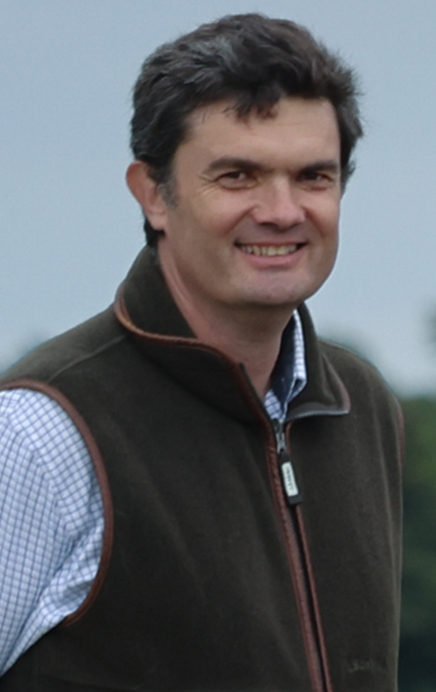 "The aim of Cargill’s SeaFurther initiative is to support salmon and trout farmers to reduce their carbon footprint, but to do that we have to look at areas for improvement across the whole supply chain,” explains Dave Robb, SeaFurther programme lead at Cargill. “One crucial area where we can reduce emissions is by ensuring the use of sustainably produced, nutritional feed.”
"The aim of Cargill’s SeaFurther initiative is to support salmon and trout farmers to reduce their carbon footprint, but to do that we have to look at areas for improvement across the whole supply chain,” explains Dave Robb, SeaFurther programme lead at Cargill. “One crucial area where we can reduce emissions is by ensuring the use of sustainably produced, nutritional feed.”
Much of the raw material required for aquaculture feed comes from cereals and oilseeds grown in the UK, with wheat gluten being a valuable high protein ingredient. With a requirement for greater sustainability in the supply chain many feed growers must ensure their crops are grown within specific protocols, designed to meet production specifications while also safeguarding the environment. Often, this can mean growers need to adopt new or different crop production systems that still ensure a high-quality output while simultaneously protecting and improving ecosystem services.
Dave continues, “We all have a role when it comes to championing sustainable supply chains and the security of future food production. Through Frontier’s pilot, we’re able to reward feed growers directly as they adopt more sustainable production models, helping them to fund things like cover crops or changes to their soil management techniques.
“It means we can share the risk and responsibility with them, supporting them to make positive changes on farm, safeguard their environment and make their businesses more resilient.”
The growers can implement the following sustainable practices: reduced tillage, use of variable rate nitrogen and urease inhibitors and incorporating cover crops, beneficial/pollinator strips and companion crops. There is crossover in that each approach ultimately helps to improve soil health, reduce emissions and sequester carbon, protect water sources and aid biodiversity, as well as reduce farm business risk and increase overall crop resilience.
Participating farmers can submit a range of evidence depending on the practices/measures they implement including photos, receipts and carbon scoring, as well as NDVI imagery and ground-truthing with help from their Frontier agronomist.
Alan Petch farms at Winley Hill in North Yorkshire and has been participating in the pilot. Already very passionate about sustainable farming and exploring regenerative approaches, Alan saw potential in the scheme given its focus on commercial sustainability.
“For me, sustainable farming is more than linking specific acts of ‘reduction’ to the land,” he explains. “Regenerative and sustainable practices must be commercially viable too – we must look at them with production in mind. The project with Frontier acknowledges this which is why I was keen to get involved.”
Alan and his Frontier agronomist, Andy Roy, have worked closely for several years to make more strategic agronomic decisions; for example, growing wheat through direct drilling and non-inversion tillage, trying to reduce fuel use and moving to liquid fertiliser to optimise applications.
Alan admits he’s especially open to trying new things and changing tack given the challenges associated with farming in the North of England.
“I think there’s an acceptance that we have to do things a little differently here. We have a much shorter weather window and conditions can vary a lot, all of which present a level of risk when we’re looking to make changes to improve our production models. However, I’m passionate about learning and exploring new approaches.”
Andy linked Alan with Jim and his team, with Alan now growing sustainably produced feed as part of the pilot scheme with Cargill.
Alan continues, “For me it made sense from a crop production perspective. Frontier’s scheme has been structured to address the environmental aspects but it also considers the needs of the farmer and wider supply chain. As a grower this is really important because it’s much more than just attaching short-term incentives to specific land management activity – it keeps the bigger picture in mind.”
Alan praises the scheme as giving him the support and security to try new approaches for the right reasons, while also being able to understand more about the market he’s growing for and challenges it’s also facing. Crucially, he also has the security of knowing he has a marketplace for his sustainable produce at the point his crop goes in the ground. “That’s so important. It’s one of the biggest challenges to farmers. The expectation to change how we farm carries risk, there’s a lot at stake for us from a production and business continuity angle. If that risk can be reduced that’s hugely encouraging.”
Alan can already see how the scheme might work with other supply chains too and believes it could open more doors and opportunities. For example, through trials work with Frontier and Kings Crops, more recently he’s been exploring the use of companion crops alongside spring beans to reduce reliance on insecticides to control pea and bean weevil. Although in its early stages, he’s seen positive results.
“I don’t have a marketplace for the bean crop yet as I’m using it as more of a rotational tool to fix nitrogen and aid grassweed control, but this initiative from Frontier, if it grows, could have the potential to link me to a marketplace for sustainable home-grown feed protein in the future and that’s really positive.
“It’s a step in the right direction for us all to be the change we want to see. For me, it also comes down to the legacy of land management and food production. How can I look my children in the eye and know that there are problems with our world and do nothing? This has to be a good reason to pursue sustainable farming methods.”
Looking ahead, Jim’s team will continue to trial the pilot more extensively, with next steps including the involvement of more farmers. “We really want to get this right,” says Jim, “so the more we can explore with our grower customers and supply chain partners in these initial trial stages, the better.”

